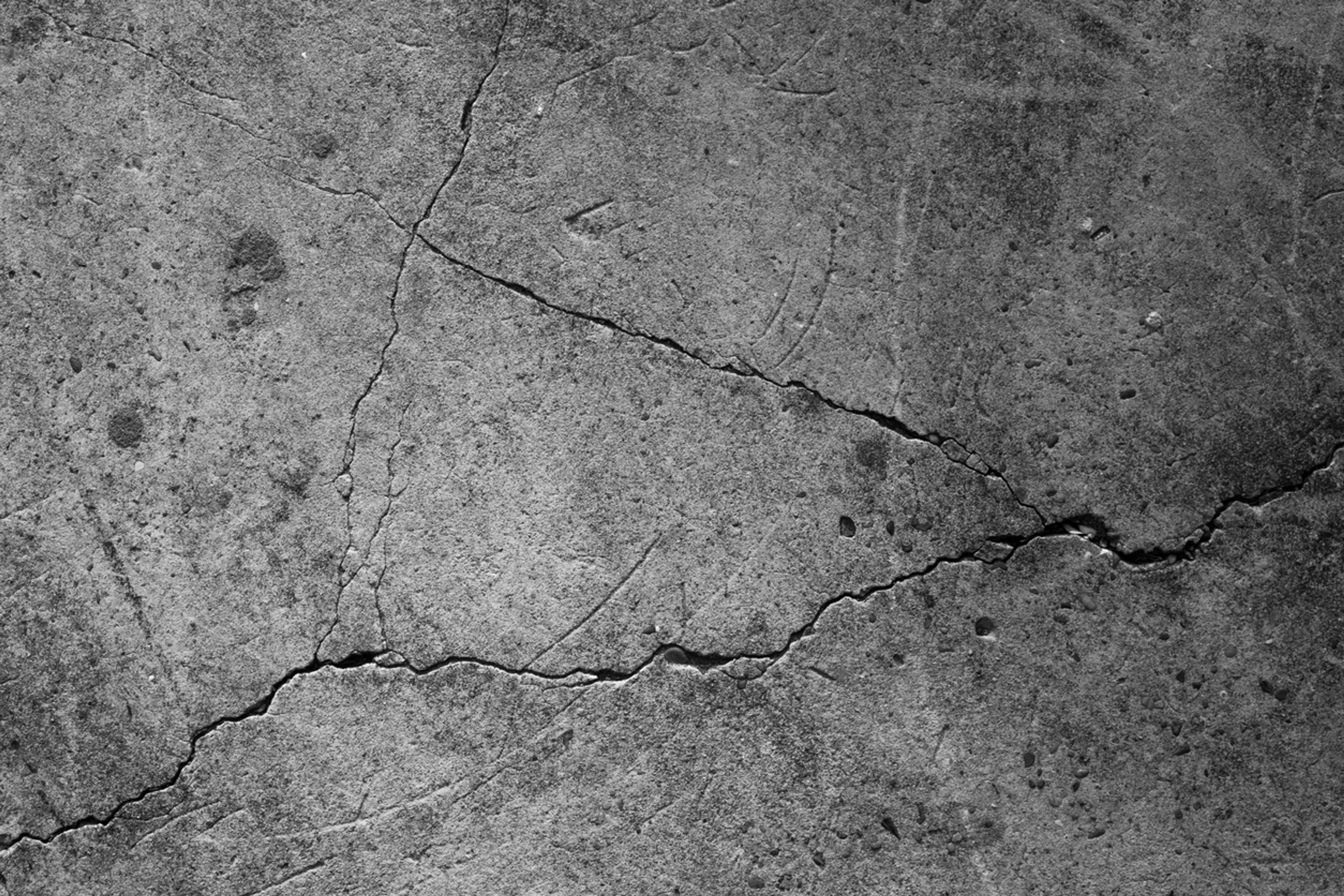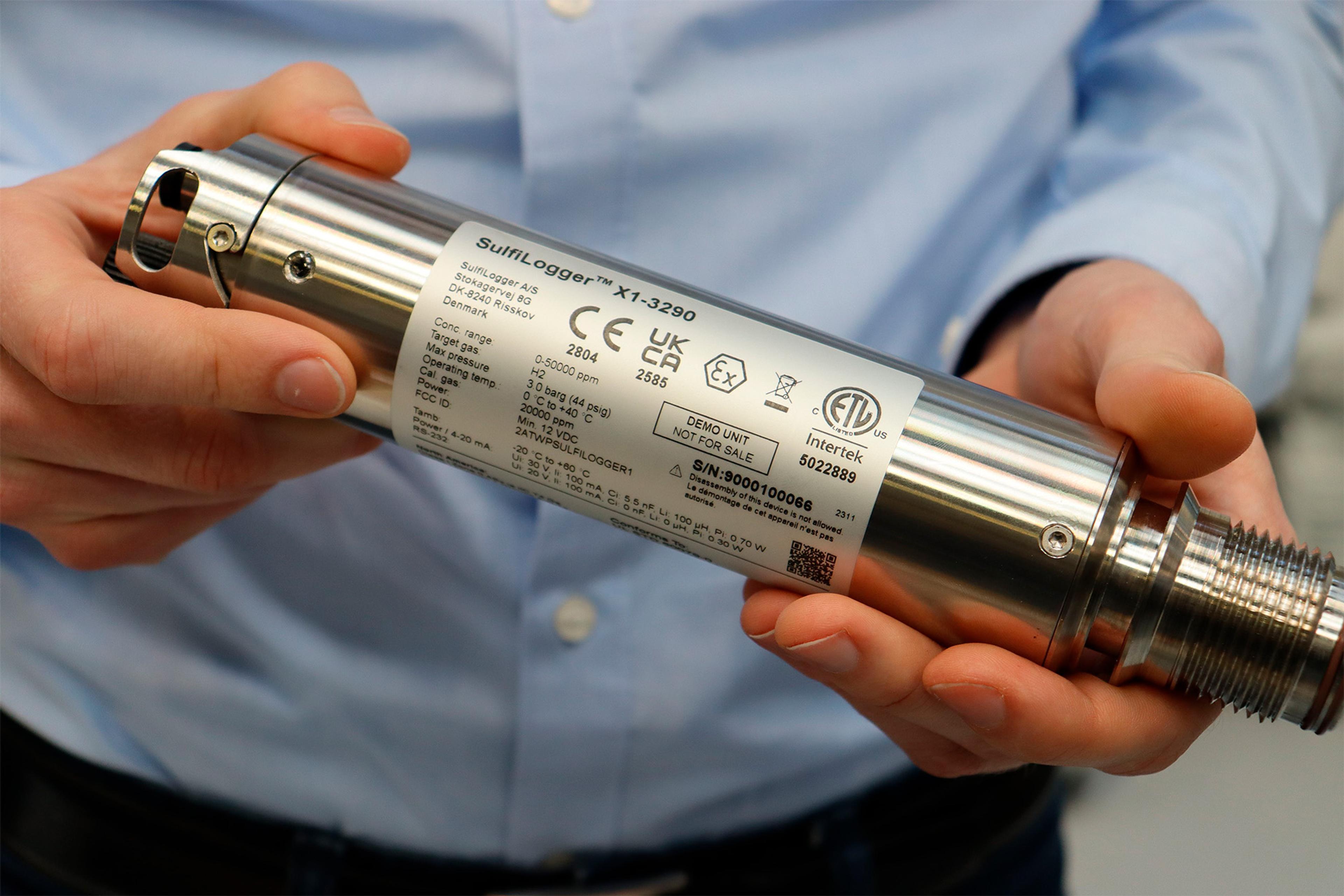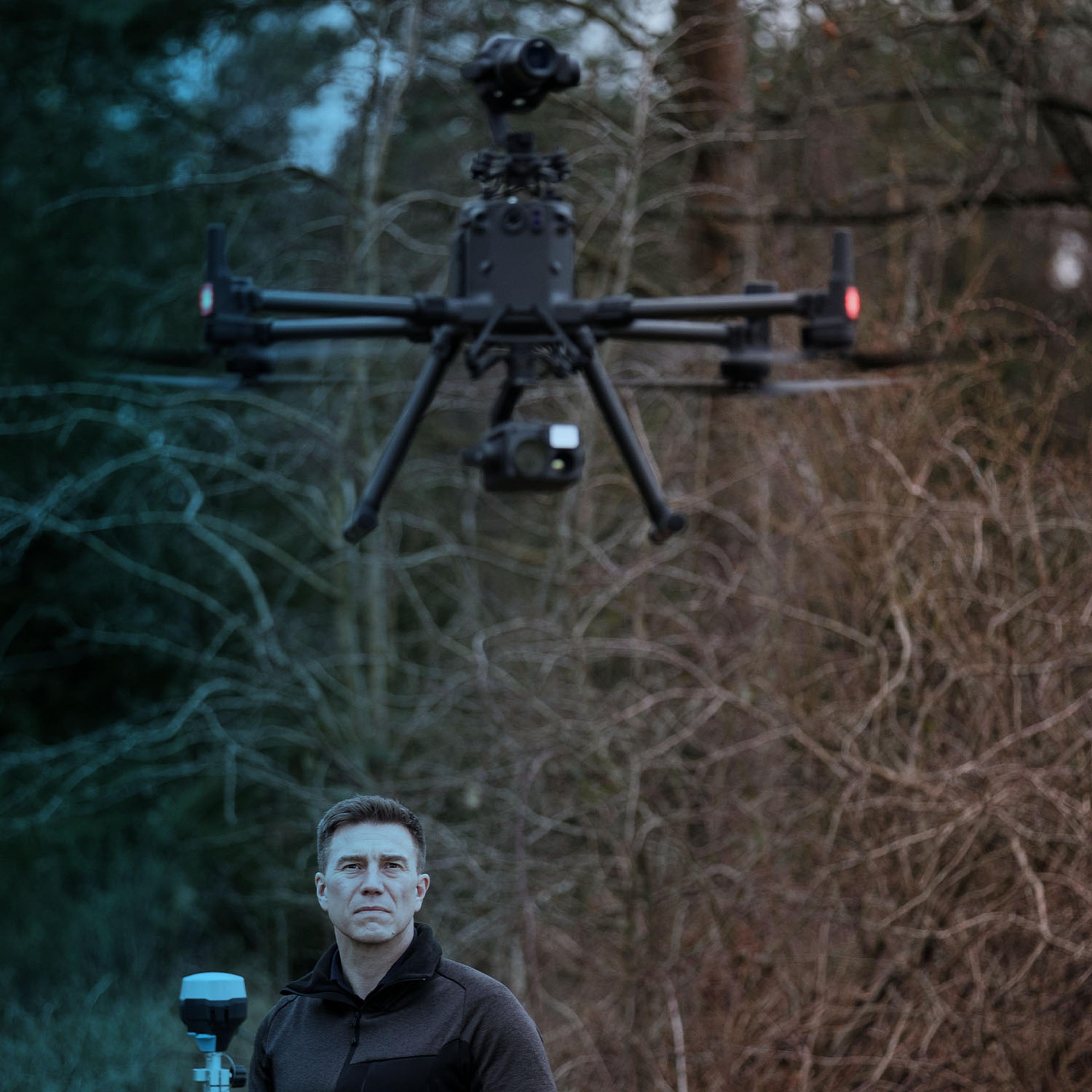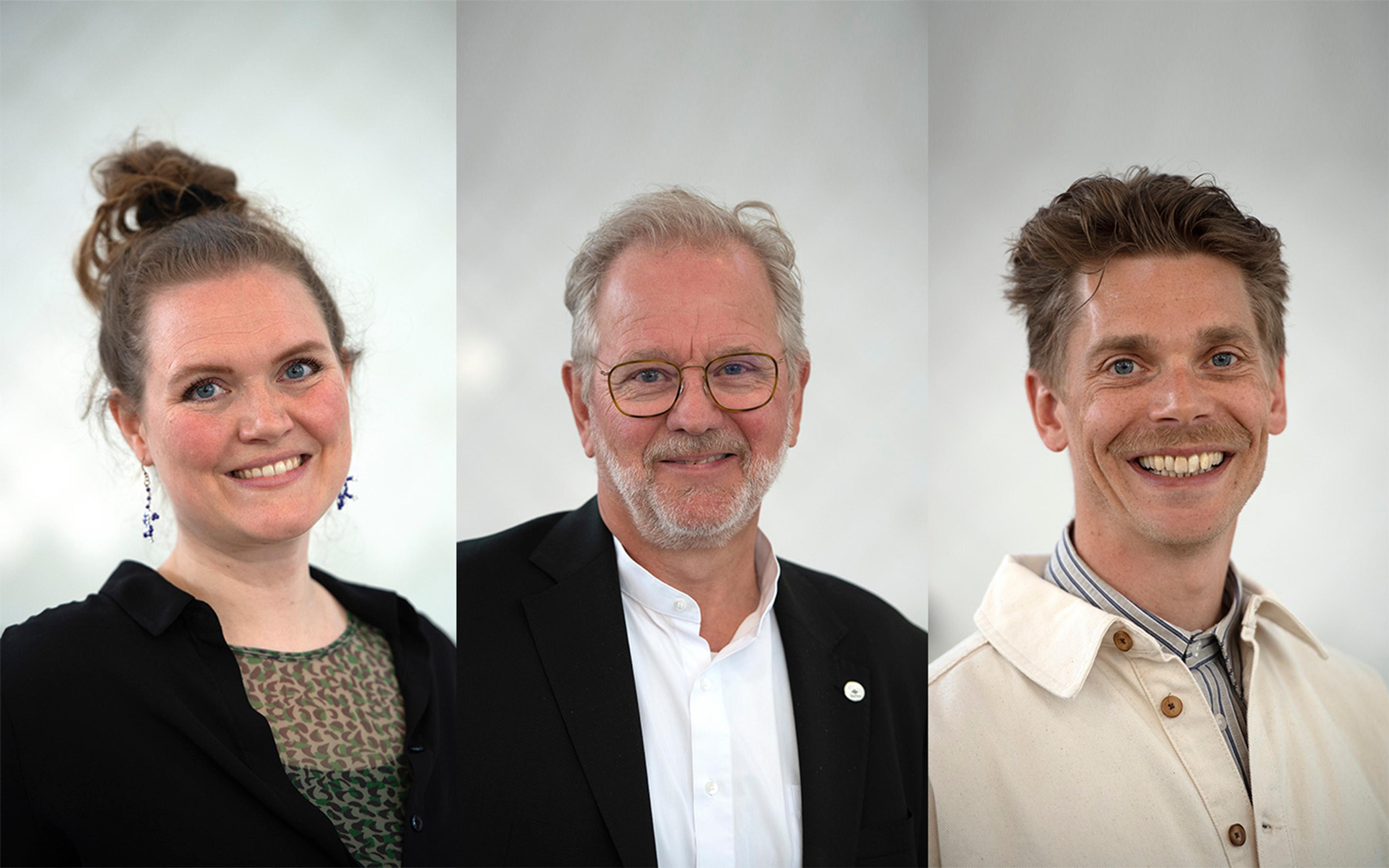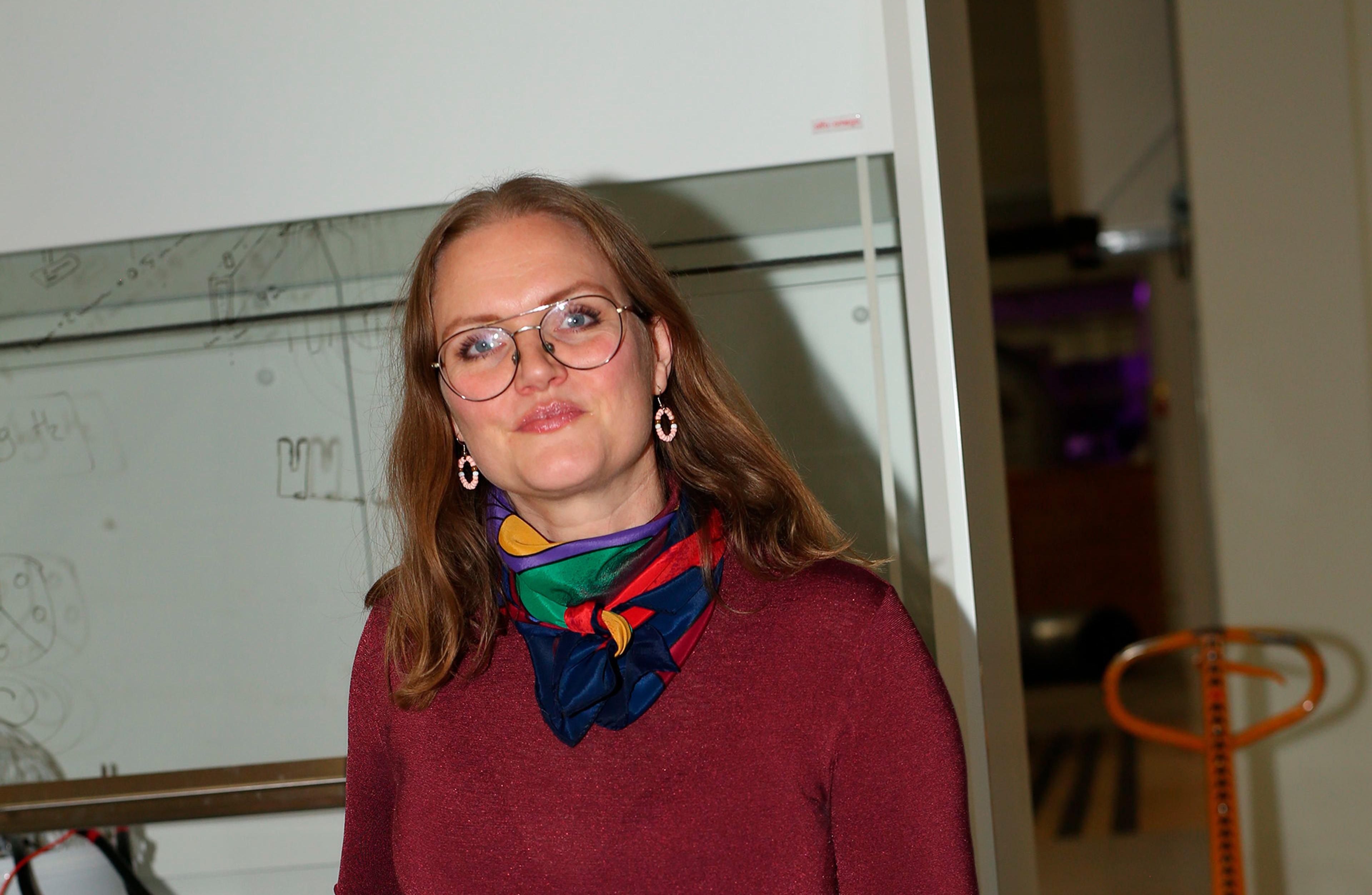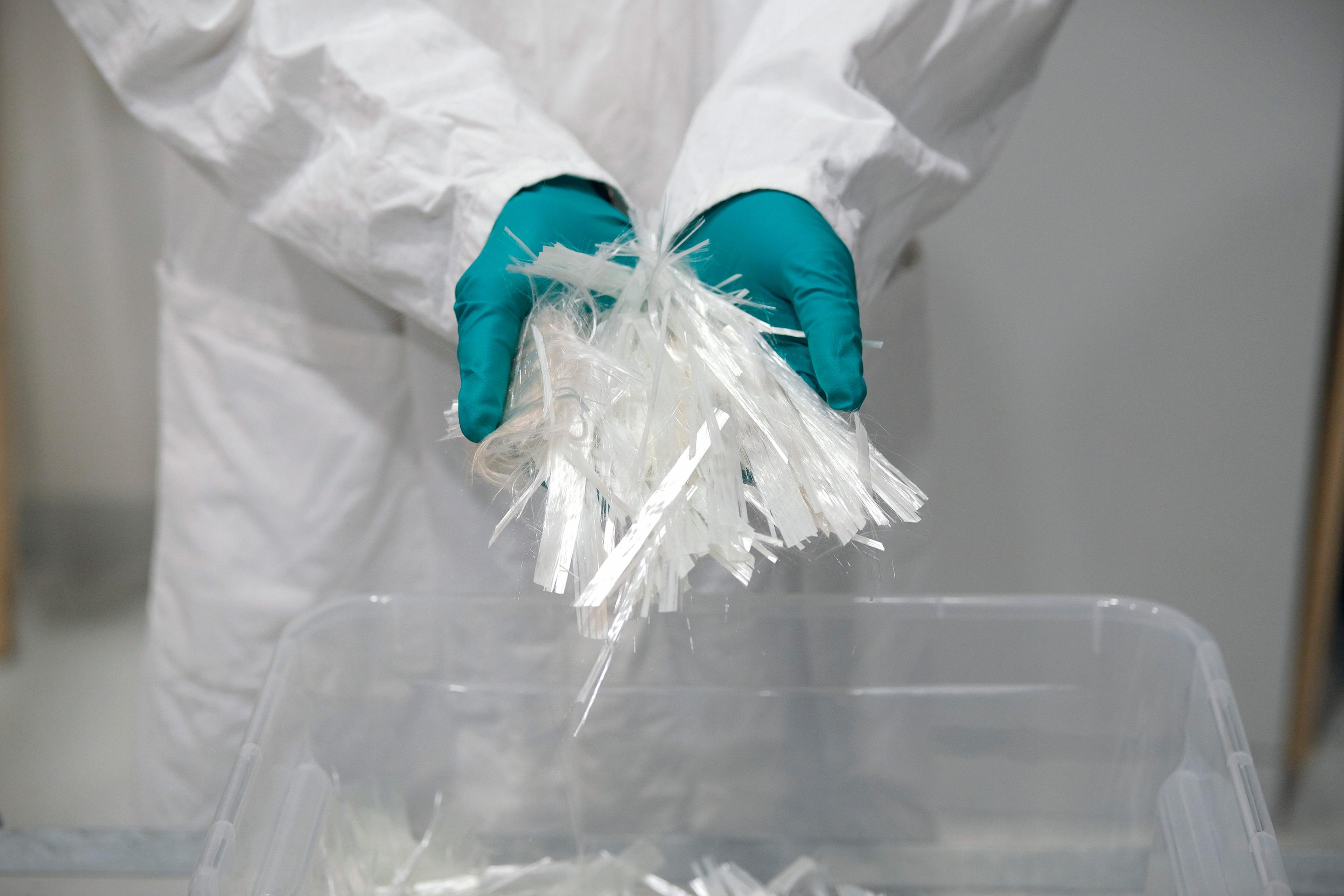Startup-erfaring, forretningsudvikling og visuel storytelling.
Det er nogle af de kompetencer, som Sarah Groot Shapel, Founder af Nordic Hydrogen, Lars Skov Christensen, forretningsudvikler i NorSea, og Rune Kirt, CEO i Kirt x Thomsen, nu bringer med sig ind i bestyrelsen for Energy Cluster Denmark.
De blev valgt ind på generalforsamlingen i forbindelse med energiklyngens Årsmøde i Esbjerg i maj, og har hver især solid erfaring fra energibranchen og et klart blik for, hvor udviklingen bevæger sig hen.
CEO i Energy Cluster Denmark Glenda Napier byder Sarah, Lars og Rune velkommen i bestyrelsen:
"De repræsenterer hver deres faglighed og perspektiv, og det er præcis det, vi har brug for lige nu, hvor vi skal styrke vores kommercielle fokus og forsætte med at vokse de grønne projektaktiviteter sammen med vores medlemmer og forsat sikre, at vi som klyngeorganisation er med til at skabe reel samfundsimpact i den grønne omstilling.
Sarah Groot Shapel: En håndsrækning til de tidlige
Sarah Groot Shapel er CEO og teknisk founder af Nordic Hydrogen og en af dem, der har mærket, hvad det betyder, når en klynge satser på de helt tidlige startups.
"Da vi i Nordic Hydrogen meldte os ind i Energy Cluster Denmark var det en kæmpe investering for os, selvom det kun var 2500 årligt. Men det betalte sig hurtigt tilbage. Den støtte, vi fik - både projektmæssigt, økonomisk og netværksmæssigt – satte virkelig skub i vores udvikling."
Sarah er uddannet fysiker og ingeniør og har en passion for at koble grøn omstilling med forsyningssikkerhed især gennem en mere decentral tankegang. Sektorkobling og muligheden for at teste løsninger i mindre skala, før de skaleres op, ser hun som afgørende for at accelerere den grønne omstilling.
I bestyrelsesarbejdet vil hun arbejde for, at endnu flere early-stage startups får adgang til funding og netværk: "Vi skal turde tage chancer og give en håndsrækning til dem, hvor idéen stadig er i sin spæde start. Og så skal vi fortsætte med at lave rammerne for alle de mere eller mindre tilfældige møder, som kan vise sig at være uundværlige."
Lars Skov Christensen: Turnarounds og teknologisk effektivitet
Lars Skov arbejder som forretningsudvikler i NorSea og har i hele sin karriere bevæget sig i offshore-verdenen – fra søværnet og møbelindustrien til helikopterlogistik og nu havneinfrastruktur og energiomstilling.
"Min erfaring og mit arbejder handler om at få selskaber fra A til B. Turnarounds, forretningsudvikling og kommercialisering. Og det bringer jeg med ind i bestyrelsesarbejdet."
Hos NorSea arbejder Lars med at omstille virksomhedens kerneforretning til fremtidens energimarked med fokus på bl.a. offshore vind, CCS og brint. Han ser energieffektivitet som den helt centrale teknologiske tendens:
"Vi ved ikke præcis, hvad der kommer – men uanset om det er saltlagring eller nye brændstoffer, så skal det være effektivt. Det er den nøgle, vi skal dreje på."
Og hvad med energiklyngens rolle? Ifølge Lars handler det om at være et mødested for de nysgerrige, de nytænkende og de handlekraftige:
"Det skal være et sted, hvor vi snakker om løsninger og hvor man er åben for det, man ikke vidste, man havde brug for endnu."
Rune Kirt: En mere holistisk tilgang og fokus på det visuelle
Rune Kirt er arkitekt af uddannelse – og har været en kreativ drivkraft i energibranchen gennem mere end et årti. Med firmaet KIRT x THOMSEN har han været med i mere end 450 energiinnovationsprojekter, hvor de har hjulpet både startups og giganter som Ørsted og GE.
"Vi hjælper andre med at gøre teknologiske idéer, løsninger og visioner konkrete gennem visualiseringer, konceptualisering og samskabelse. Vi arbejder både indenfor 3D-design, animation, visualiseringer, fysiske modeller, håndbøger og andre former for formidling, der kan gøre det komplekse forståeligt.”
For Rune er det vigtigt, at bestyrelsen i energiklyngen også rummer de mere bløde kompetencer og har en holistisk tilgang. Han slår et slag for, at vi tilføjer et a for arts til STEM-fagene, så vi taler om STEAM – Science, Technology, Engineering, Arts og Mathematics.
"Vi skaber bedre innovation, når vi bringer flere perspektiver ind. Det kræver, at vi tør samarbejde på tværs, dele viden og turde fejle. Og så har vi brug for nye måder at fortælle om den grønne omstilling. Vi ved for eksempel, at visuelle budskaber opfattes op til 60.000 gange hurtigere end tekst – og de øger chancen for, at indholdet faktisk bliver forstået.”
Nye perspektiver og fælles ambitioner
Med Sarah, Lars og Rune ombord i bestyrelsen får Energy Cluster Denmark endnu tre stærke stemmer, der kan bringe ny energi ind i arbejdet for en grøn og innovativ fremtid.
De ved, hvad det kræver at bygge bro mellem teknologier, brancher og mennesker – og de er klar til at sætte retning, skabe dialog og styrke det fællesskab, som er fundamentet i klyngen.

